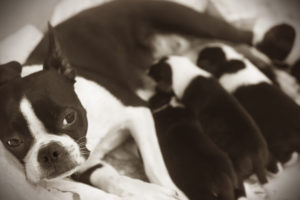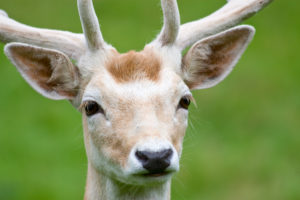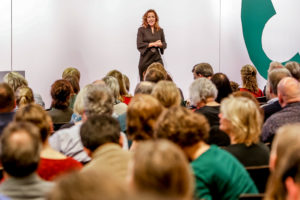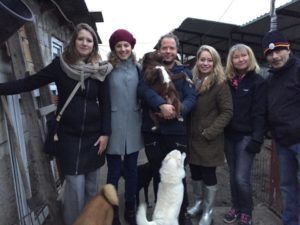Worldlog 19 December 2016
Last week we were shocked by the discovery of 23 dead puppies at an illegal puppy trader’s home in the north of the Netherlands. Illegal puppy trade is a huge problem – also in the Netherlands. Dogs are bred under appalling conditions, and vaccinations and registrations are falsified so that sick puppies can be imported from Eastern Europe, all just for money.
With the Party for the Animals I have been fighting against this illegal puppy trading, but the majority of the Lower House prevented measures against these traders repeatedly. Until last Tuesday! After the shocking discovery in Friesland, the Lower House adopted our motion to stop the falsification of vaccination records of young dogs. This brings us another step closer to banning the illegal puppy trade.

In addition to the breakthrough in the fight against illegal puppy trading, I have another important breakthrough that I would like to tell you about! No less than 27,000 European nature sites will continue to be protected under the European Bird and Habitat Directives, thanks to everyone who completed our survey “no censorship on nature”. Thanks again to all of you!
You can read more about this breakthrough here.

At the Party Congress on Sunday the 27th of November last, the party members adopted the election programme and candidate list of the Party for the Animals for the Lower House election on the 15th of March 2017. The Congress attracted a huge number of visitors: more than 500 people wanted to attend the Congress. This time it was so busy that it was hard to fit in all the people in the congress hall. It’s great to see that so many people are committed to our party. Let’s start the campaign for ‘Plan B’!

Early December, a delegation of our party went on a ‘fact finding mission’ to Moldava. There they spoke with animal protectionists, environmental organisations, and policy makers to get an impression of the situation in Moldava. It was a successful trip where good contacts were made, much information was exchanged, and ties were strengthened. A lot was said about the way stray dogs are treated in Moldava, about zoos and dolphinariums, and the decline of biodiversity. Only 13 percent of the forest is left due to large-scale deforestation. Some positive news is that a hunting ban is in force on almost all animal species all year round. Nor is commercial fishing permitted in Moldova. We in the Netherlands can learn something from them!

During our trip in Moldava we visited several shelters, including this one near the capital Chisinau, where over 200 dogs are fostered.
We also met several people who are busy making legislation to provide protection for animals. To help them a little, we will have our election programme translated into Russian and Romanian (the languages spoken in Moldova) and see how we can further help this motivated group. To be continued!
Wishing you a happy festive holiday season and a good year-end 2016.
Kind regards,
Marianne